

Fund a block in our foundation by making a gift. Each contribution helps raise the walls of a future filled with play and community.
Before you give: does your company offer a matching program? If so, Windy Hill Play qualifies as a 501(c)(3) nonprofit organization.
Donate through your organization’s giving portal and multiply your impact!
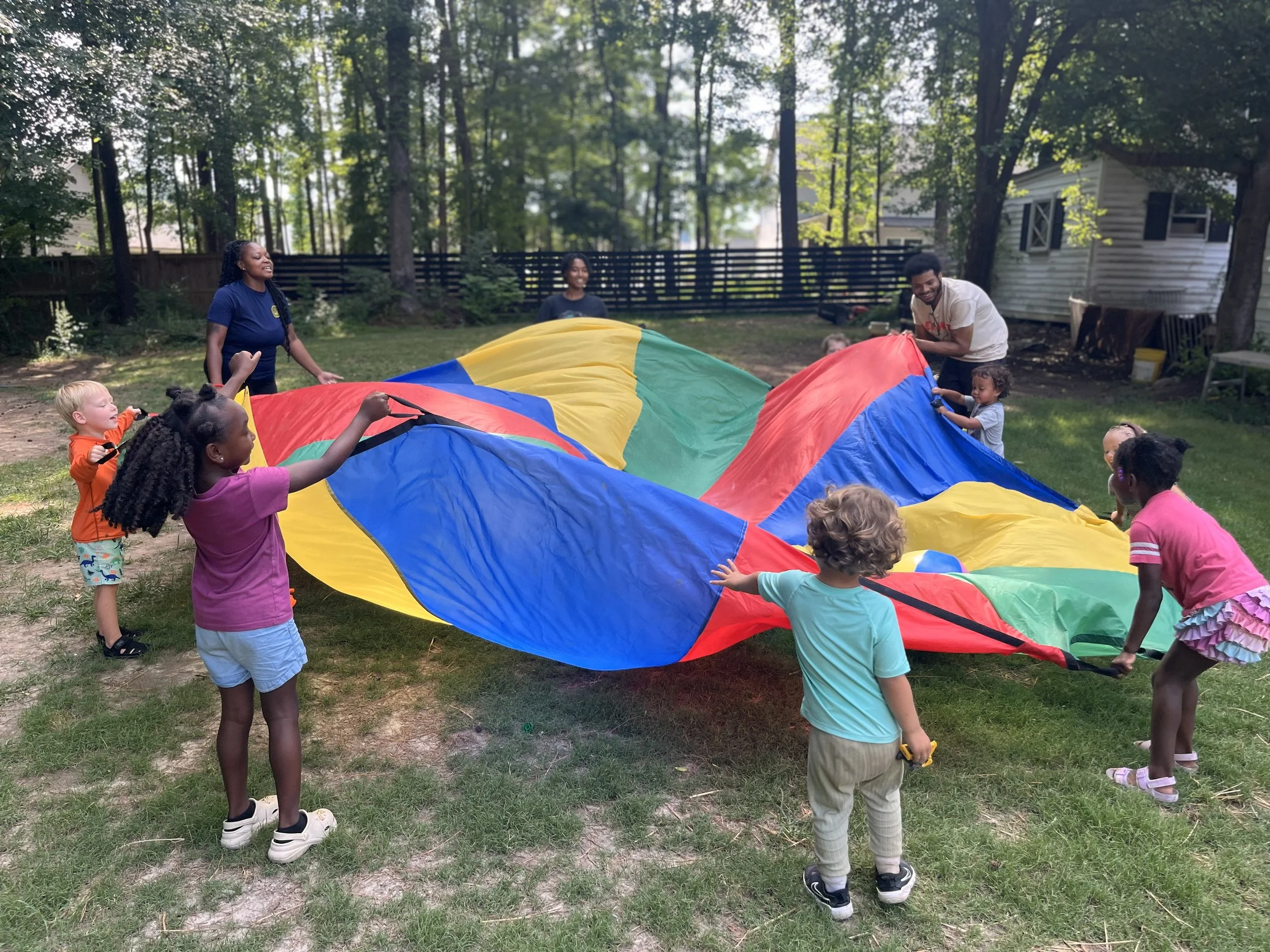
Quantum Mechanics & Care Systems
A reflection on how ideas become real systems over time, drawing on quantum mechanics, thought experiments, and the limits of industrialized care. An exploration of why building sustainable care requires consistency, presence, and shared action.

The Balancing act between Control and Chaos
The balance between freedom and safety is something we learn together every day. We want children to play boldly and expressively, and we also want them to understand that being part of a group means listening, noticing, and caring for one another. Research shows that children grow the strongest self-regulation when they have real autonomy within relationships, and we see this daily in moments when shared play shifts from chaos to harmony. With the right structure, children don’t lose their freedom; they learn how to use it. They teach us just as much as we teach them, showing that harmony isn’t enforced, it’s practiced, together.


You Don’t Care. Children Care.
We’ve divided care into boxes—childcare, healthcare, eldercare—but in doing so, we’ve forgotten what care actually is. Care isn’t a service or credential; it’s connection. This reflection from Windy Hill Play explores how we can rebuild care as a whole, human, and connected experience.
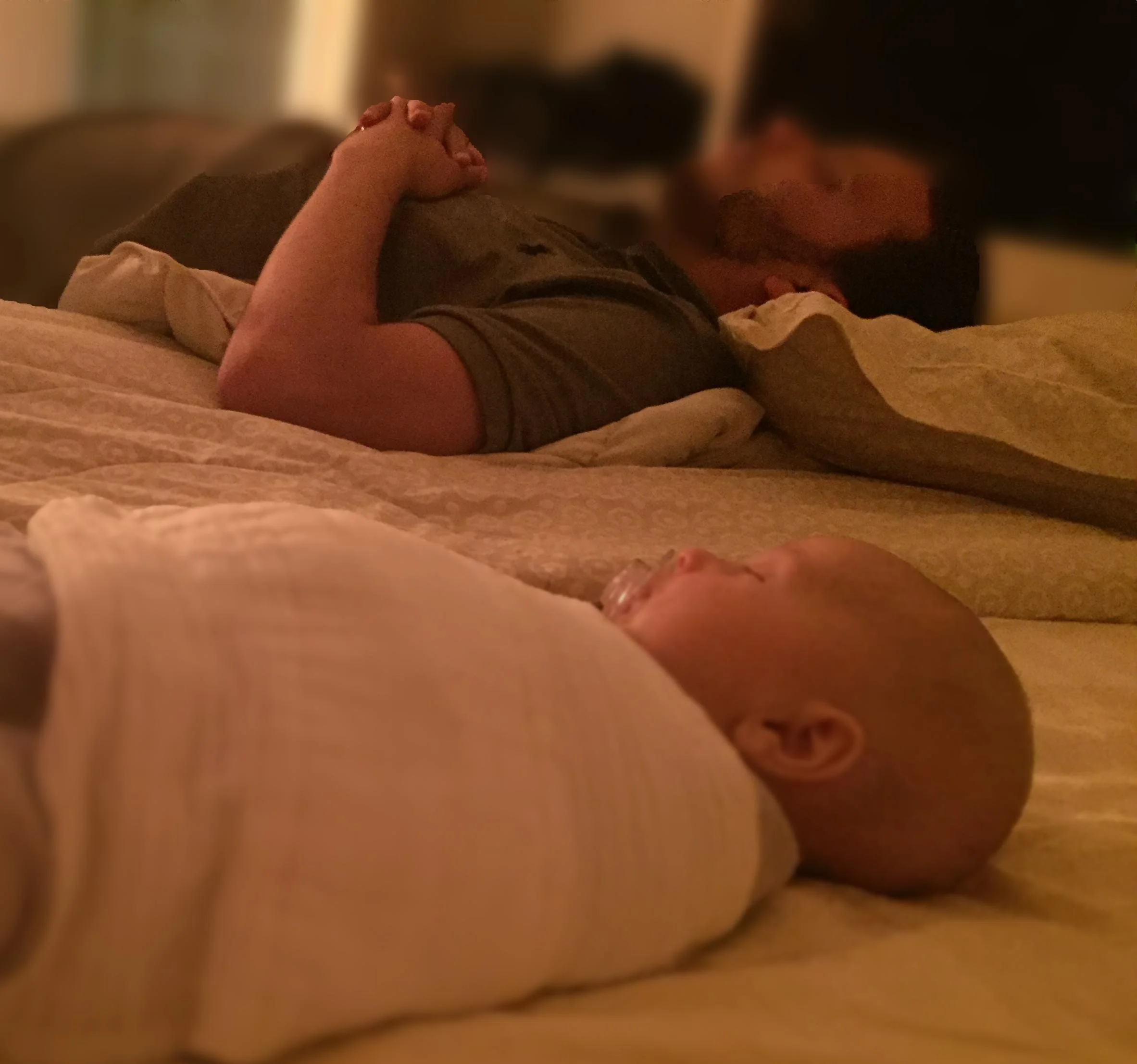
Solidarity. It’s Freaking Hard.
It’s freaking hard to raise kids without support. We’re creating a model of childcare rooted in play, connection, and community care.

When Did We Stop Trusting Each Other with Our Children?
Childcare didn’t break because people stopped caring—it broke under pressure. Windy Hill Play explores how trust and community disappeared from childcare systems, and how play can help rebuild the village families need to thrive again.

The Care Paradox - Connection vs. Compliance
At the end of the day, compliance may keep us in line, but connection is what keeps us alive.
In early childhood care, rules and ratios are essential — but they don’t tell the whole story. At Windy Hill Play, we’re exploring the paradox between connection and compliance: how to meet standards without losing the soul of our work. Real care isn’t measured by checklists — it’s built through trust, relationships, and presence. As we grow, we’re asking what it means to build systems that protect both children’s safety and the humanity of those who care for them.
This is Part 2 of our series on reimagining childcare economics and ethics — centering caregivers, community, and connection.

Rethinking the Rules: A New Way to Build Childcare
Rewriting the Rules: What If Caregivers Came Before Overhead?
At Windy Hill Play, we’re rethinking how childcare resources are used. As a small nonprofit, most of our revenue goes directly to supporting caregivers — but growth requires more than just serving more children. It means building a system rooted in integrity, trust, and respect, where every decision reflects our values and every dollar circulates in ways that strengthen our community. This is the first part of a three-part series exploring how we can expand responsibly while keeping caregivers at the center of everything we do.
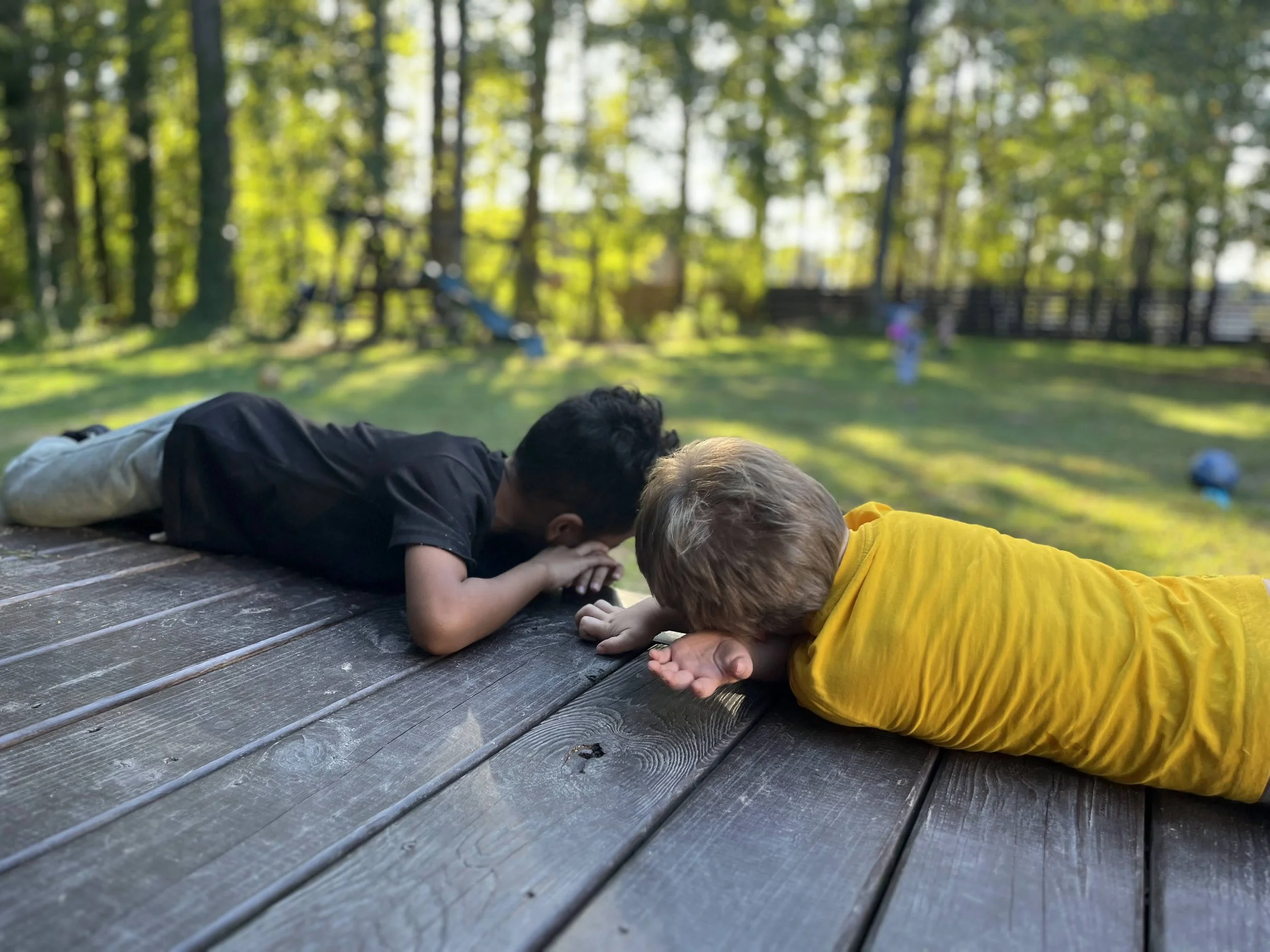
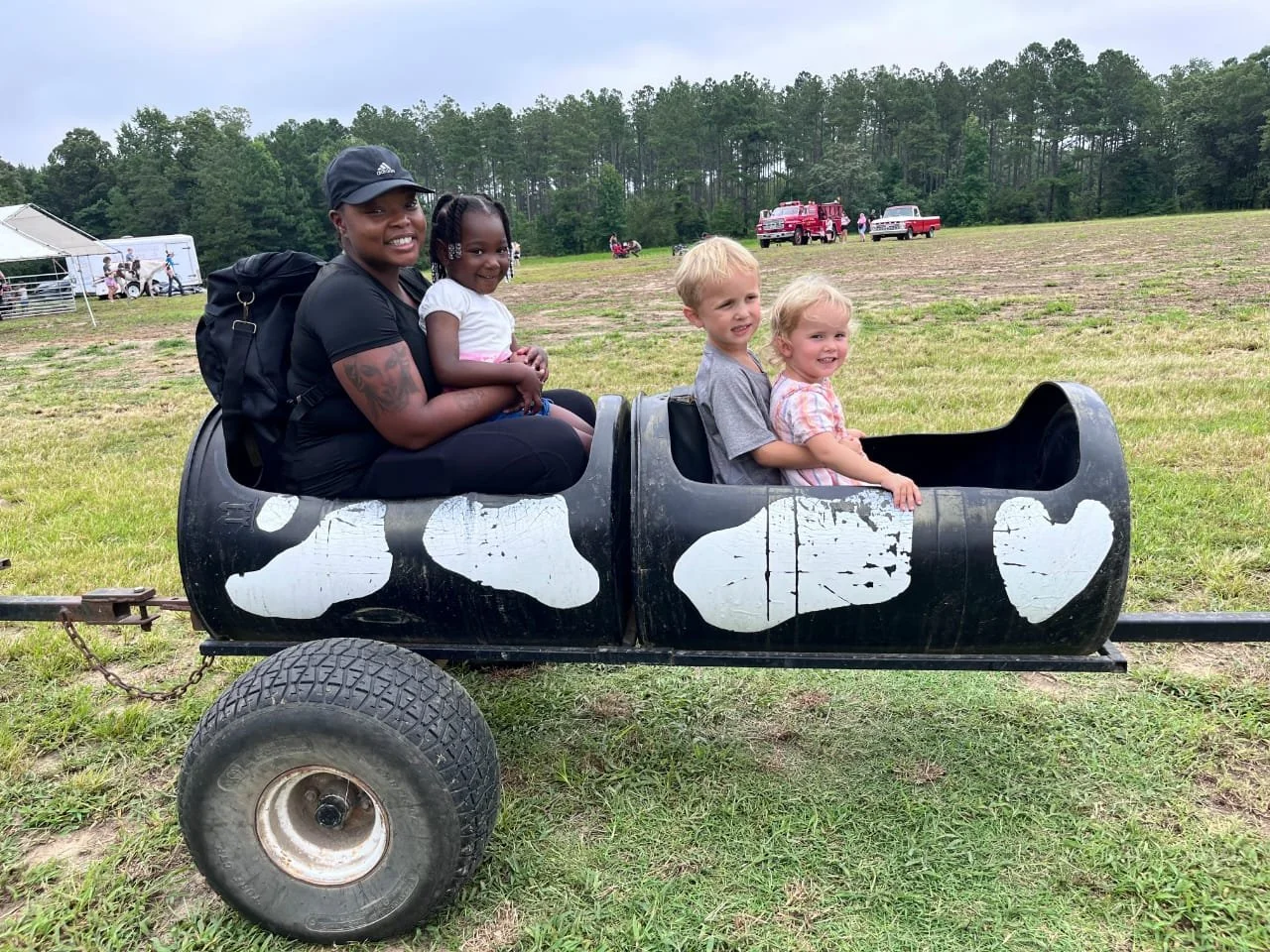
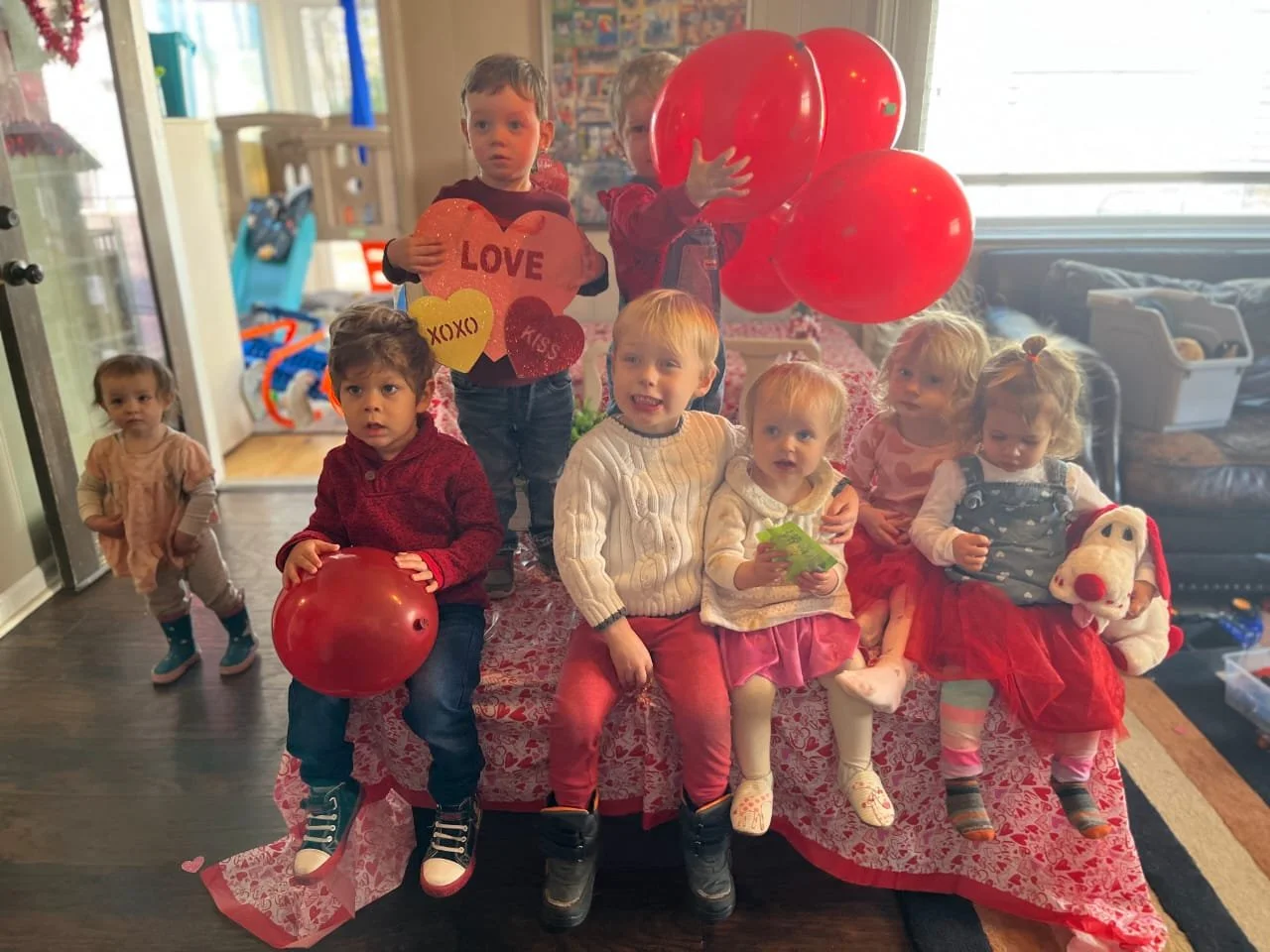
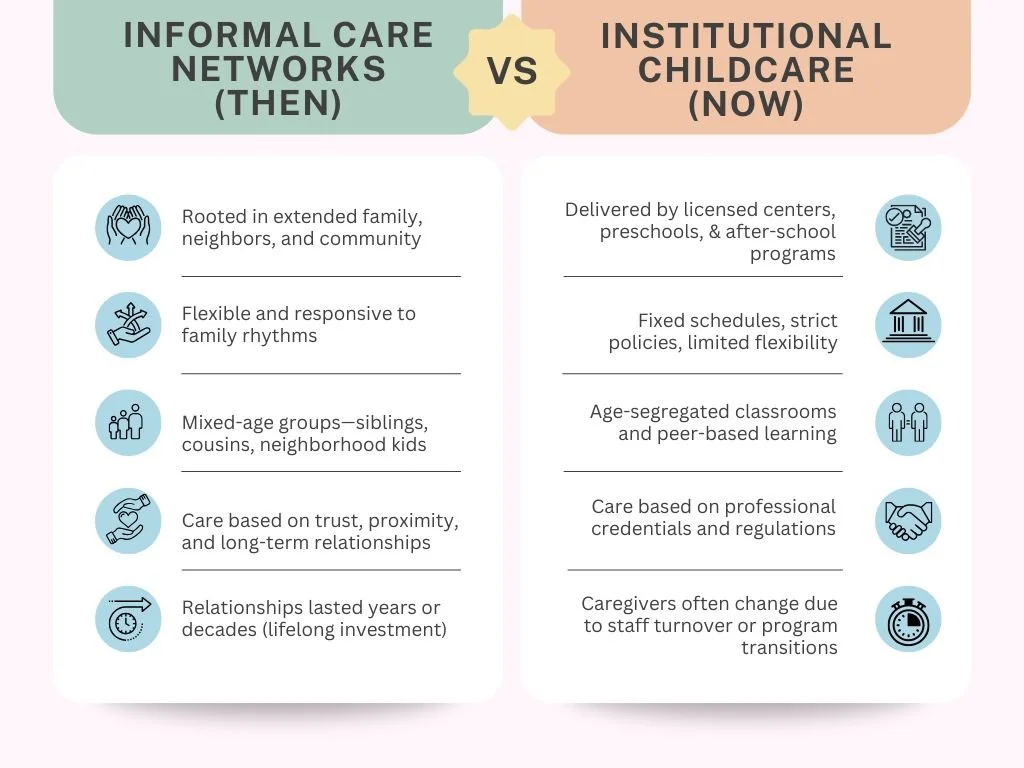

The Industrial Blueprint: How Factory Logic Shaped Childcare
Ever wonder why dropping your child off at daycare feels so much like clocking into work?
It's because both systems were designed using the same blueprint.
When you walk into most childcare centers, you're looking at factory logic in action: children grouped by age like products on an assembly line, moving through predetermined activities at predetermined times, with efficiency-focused ratios maximizing how many kids each adult can supervise.
This wasn't an accident. In the mid-1800s, when families moved from farms to cities and needed organized childcare for the first time, early pioneers looked to the most "successful" institutions of their era—factories—for organizational models.
The problem? Children aren't products, and families aren't factory shifts.
Industrial logic demands that all three-year-olds be ready for the same activities at the same time, that programs operate on fixed schedules regardless of children's natural rhythms, and that success be measured by standardized developmental milestones.
But some children need parallel play while others crave complex social interaction. Some families need care from 6 AM to 6 PM; others need flexible bursts on irregular schedules. Industrial models can't accommodate this variation without becoming "inefficient"—so families must adapt to the system instead.
What if we flipped that script?
The most innovative childcare programs today are moving beyond industrial assumptions, creating communities where relationships matter more than ratios and individual development trumps assembly-line efficiency.
[Continue Reading + Download Parent Guide] Learn 3 ways to ask better questions, advocate for your child's needs, and build community—even when you're just grateful for any childcare slot.
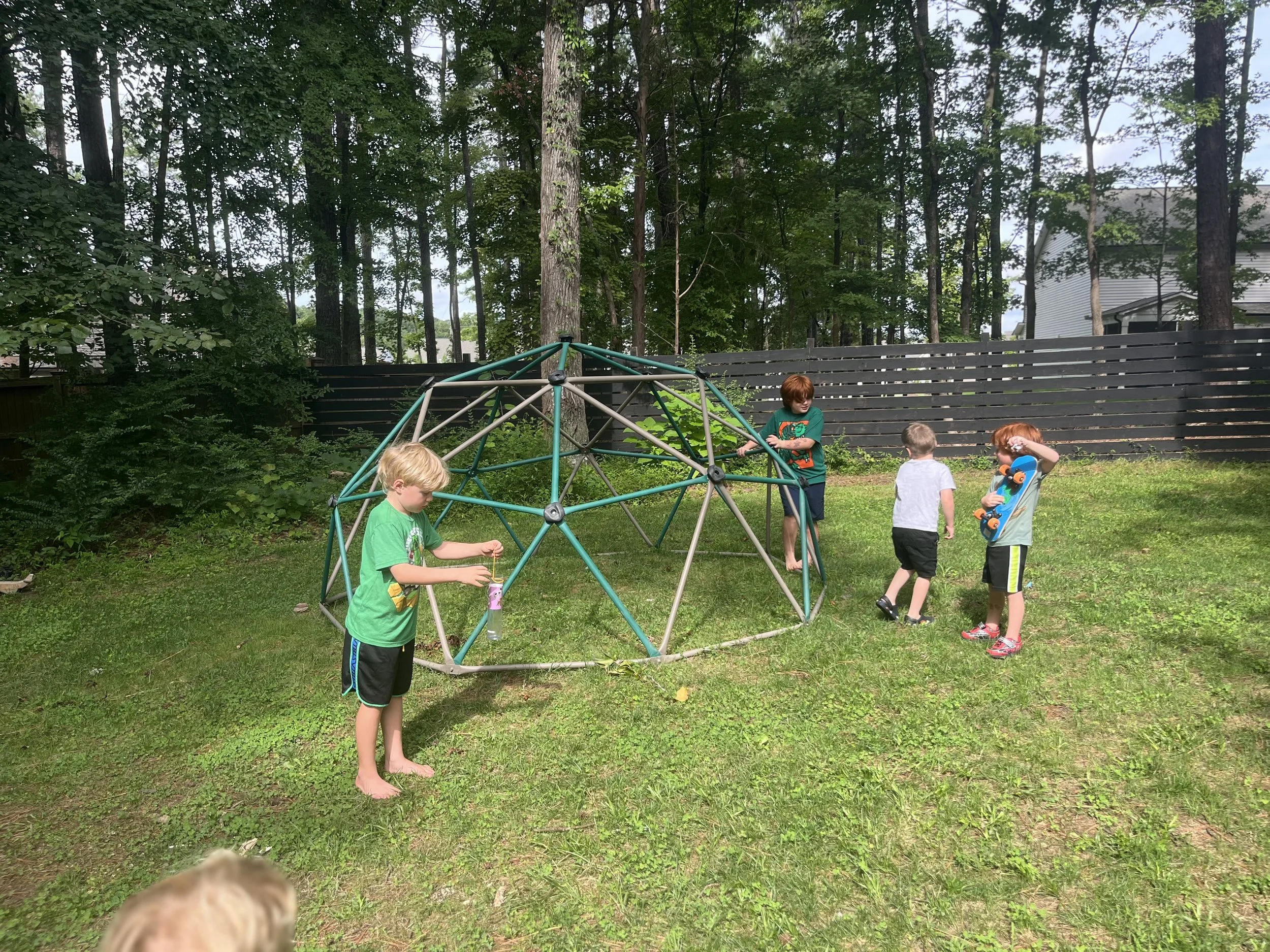
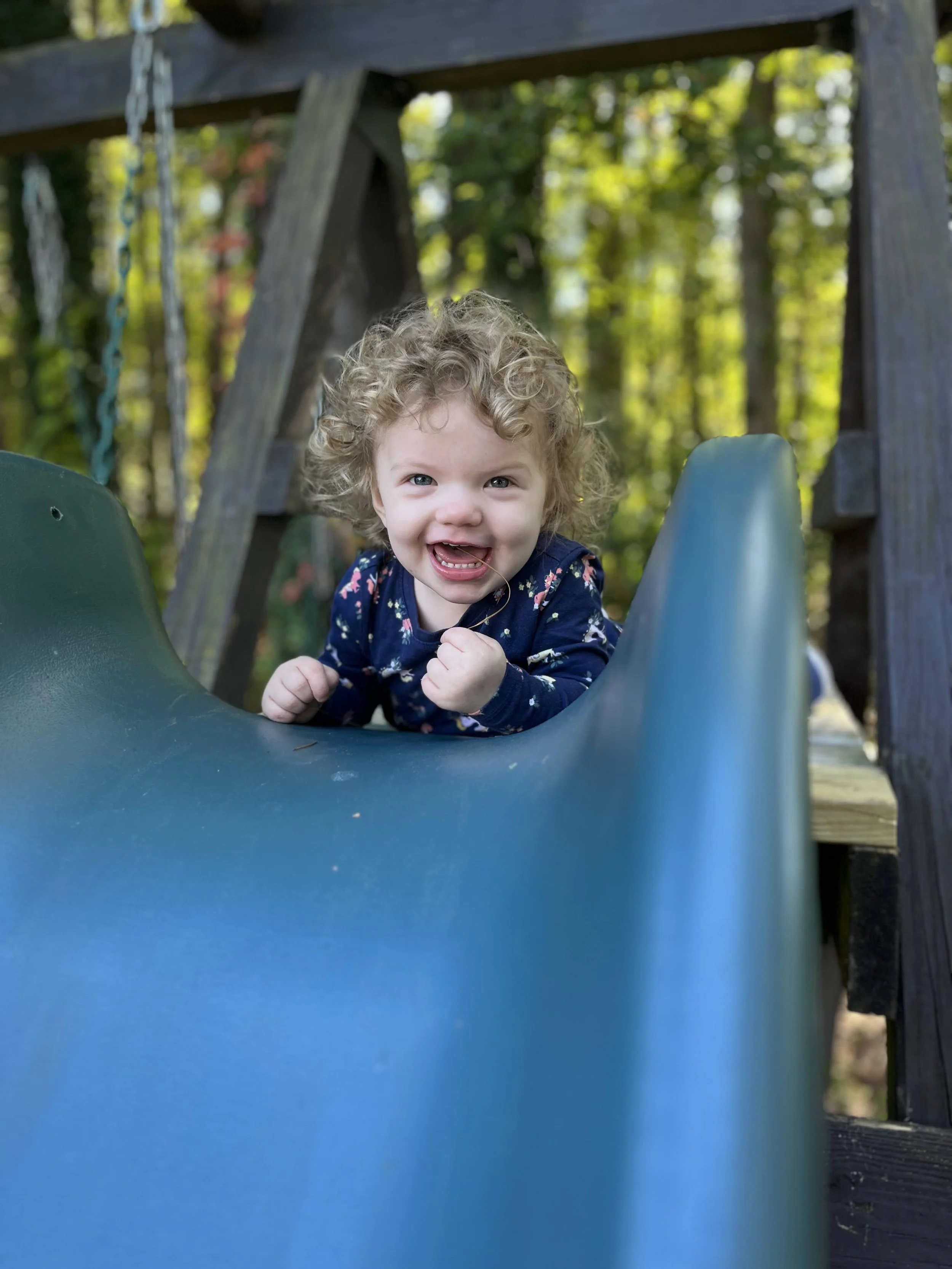
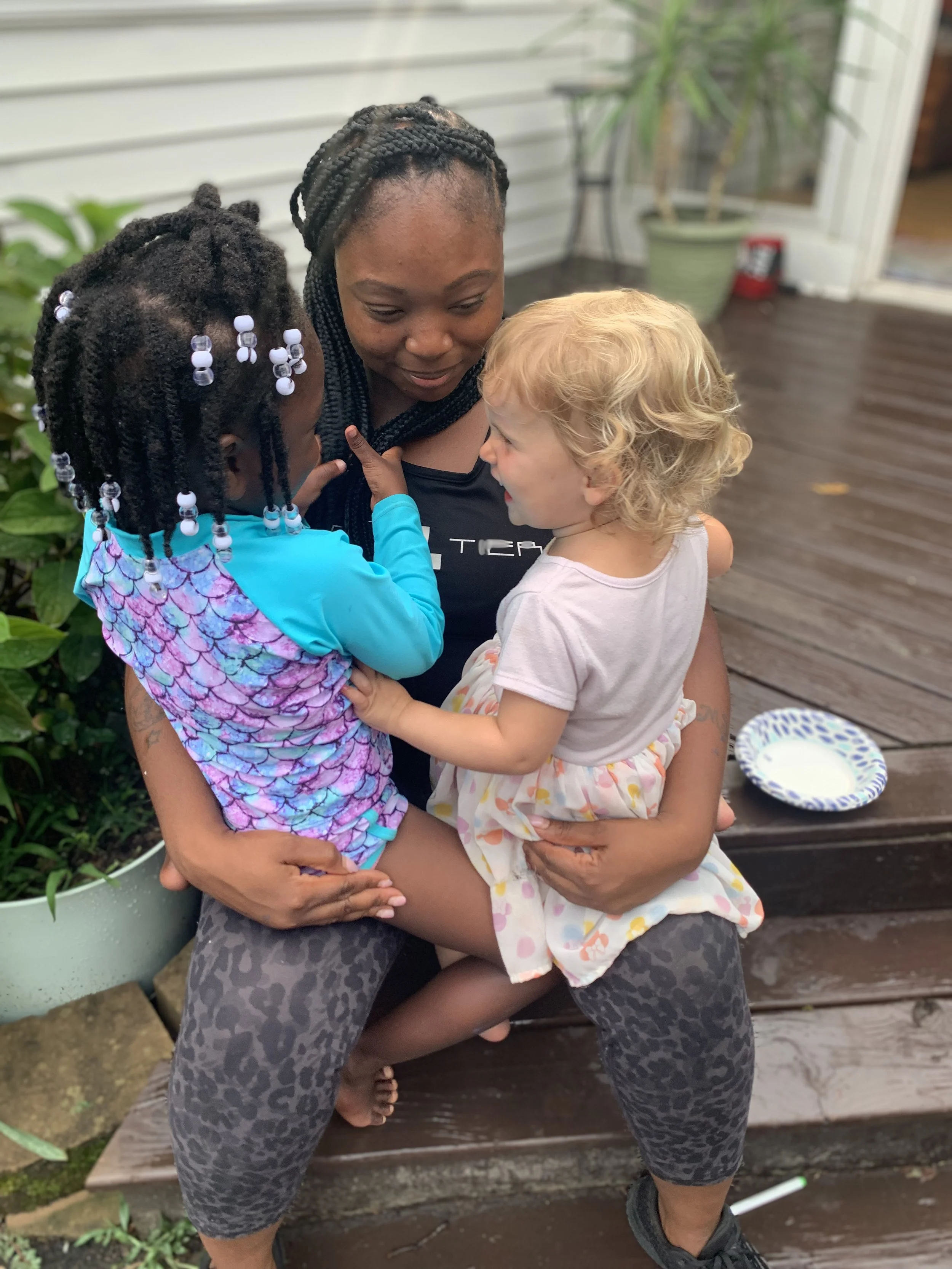
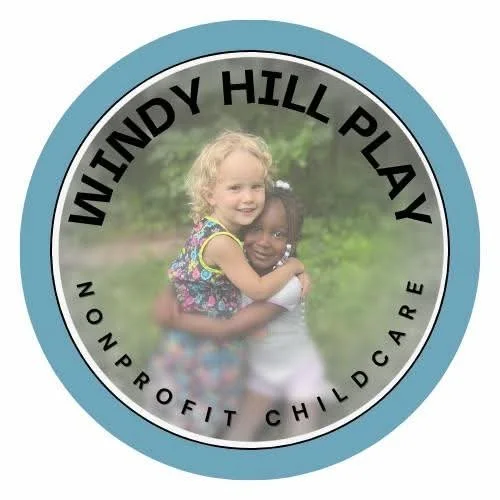
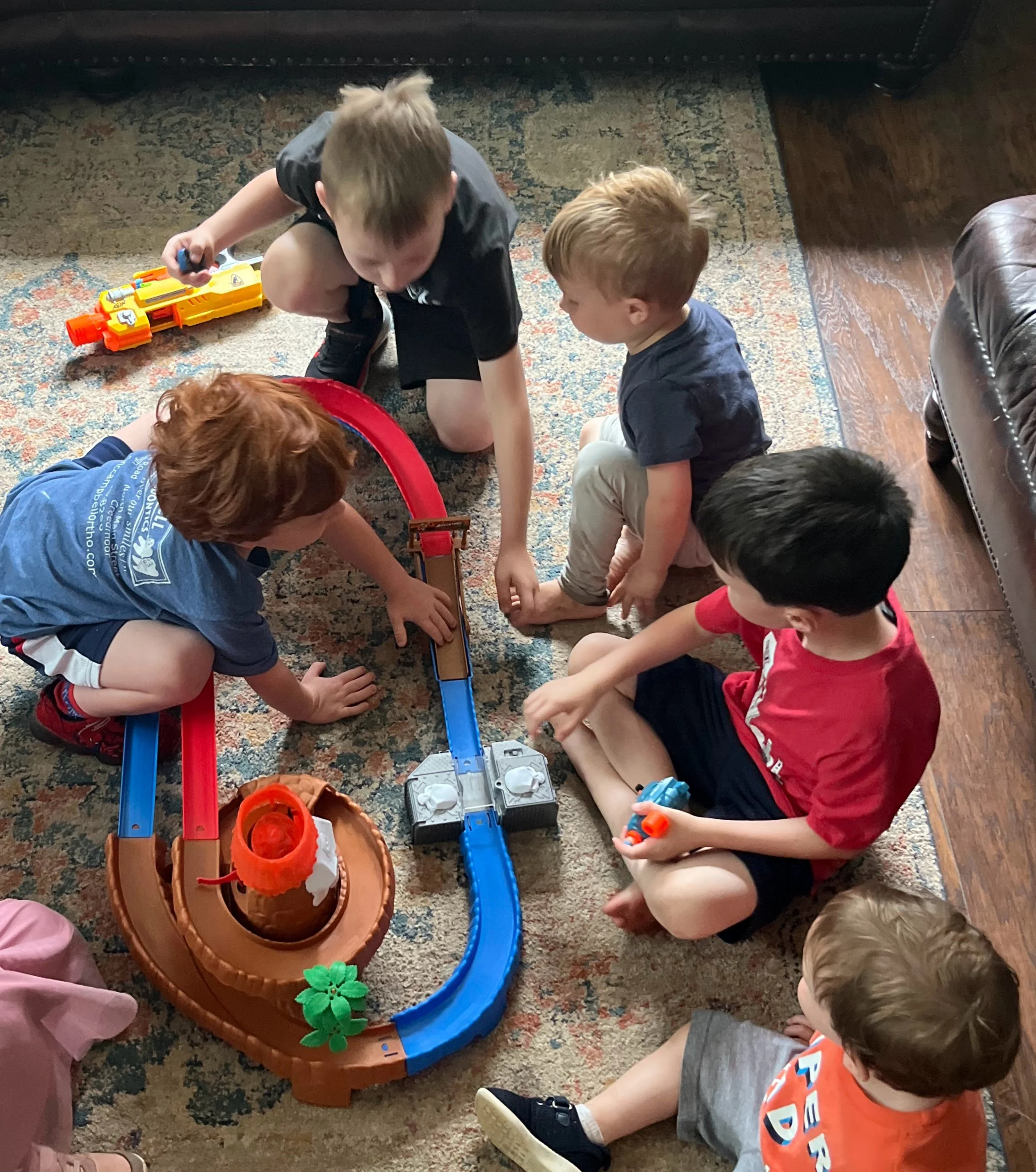
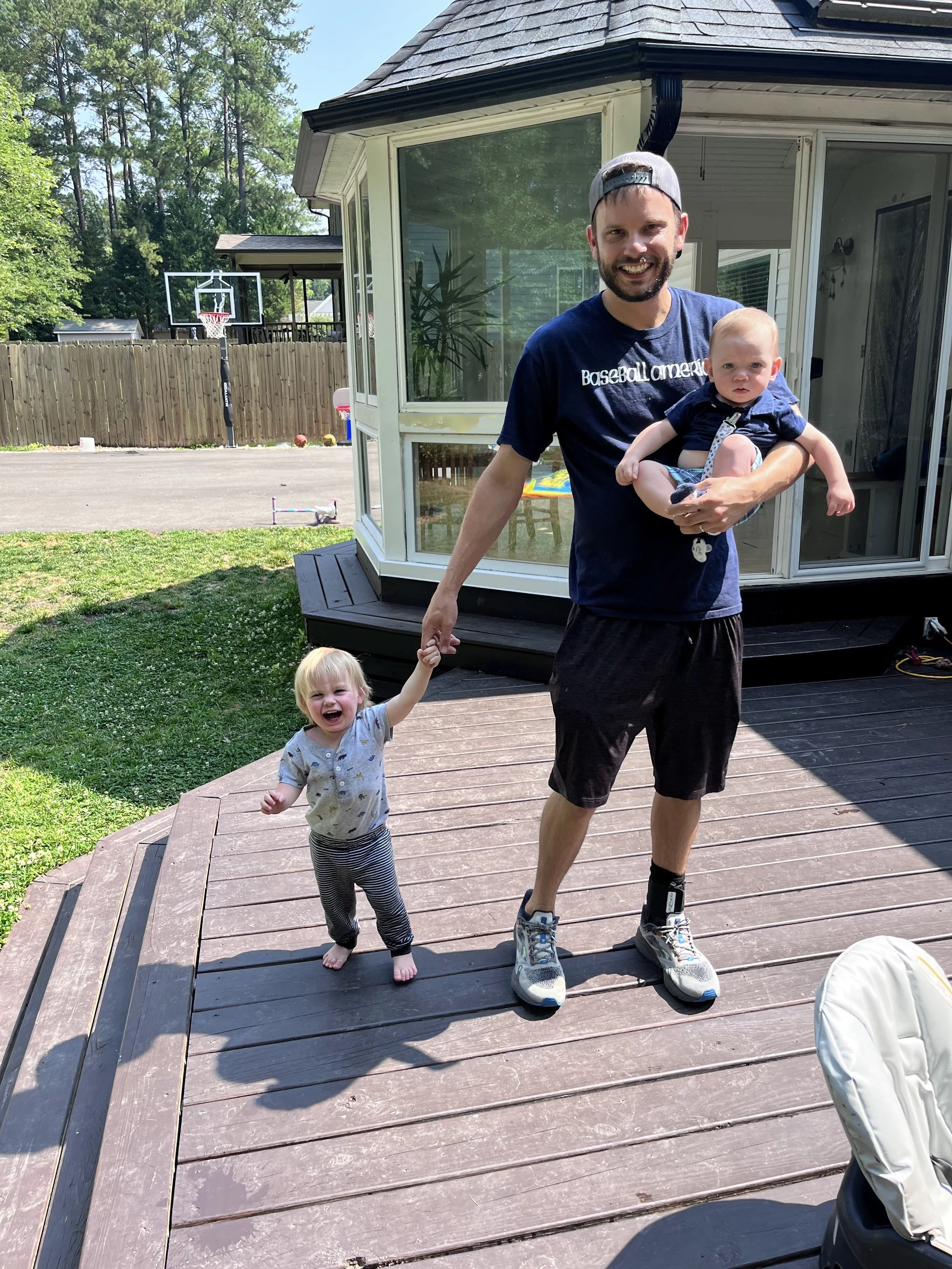

Motherhood as the Primary Vocation
Part 2 of Reimagining Care reveals the hidden expertise mothers develop when they choose caregiving as their primary vocation—neurobiological mastery, systems thinking, innovation, and community leadership that transform families and communities alike.
